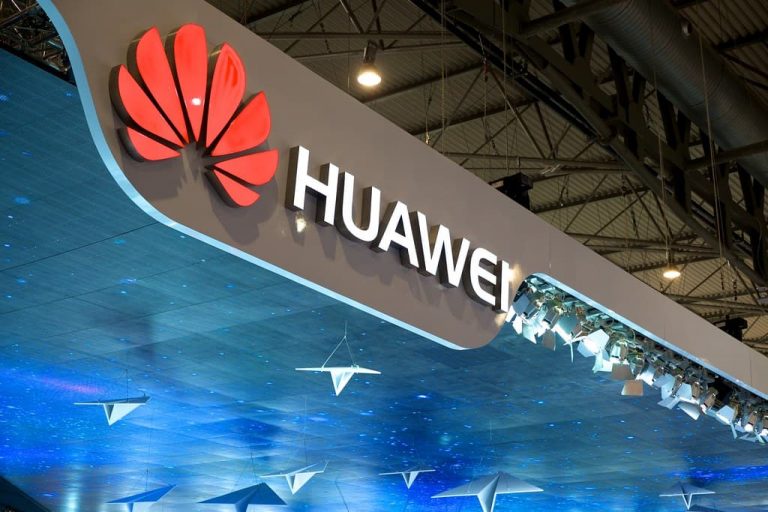Despite being rather non-vocal about the whole Huawei vs US Department of Commerce blacklist fiasco regarding the licensing of Windows or other software and services collaborations, Microsoft has seemingly found its voice and is putting its support behind the Chinese tech company.
Speaking with Bloomberg, Microsoft’s President Brad Smith pulls into question the lack of seemingly coherent reasoning behind the decision of the US Department of Commerce, who months ago, blacklist Huawei due to national security concerns.
“[Sometimes], what we get in response is, ‘Well, if you knew what we knew, you would agree with us,’” Smith is quoted as saying. “And our answer is, ‘Great, show us what you know so we can decide for ourselves. That’s the way this country works.’”
Smith’s comments aren’t being held in a vaccum as many other US-based technology companies are feeling the pinch of the relatively erratic bans and the trade war between the US and China.
Google, IBM, and Apple are among the many companies that presumably share similar sentiments with Smith about being held economically hostage by the indecisions of both the Chinese and US governments in an ongoing trade and security feud.
Furthermore, Smith examines the Trump administrations reasoning behind the convoluted implementation of the ban by highlighting an analogy the real estate mogul might understand.
“To tell a tech company that it can sell products, but not buy an operating system or chips, is like telling a hotel company that it can open its doors, but not put beds in its hotel rooms or food in its restaurant. Either way, you put the survival of that company at risk.”
However, over the past few months lobbying efforts by tech companies have widdled a bit of breathing room between themselves and stringent bans proposed by the US Department of Commerce and the Trump Administration, resulting in a softening of restrictions and allowing some exceptions for business over the past few weeks.
Microsoft and others continue to ask the Commerce Department to reconsider the supposed security restrictions in place that are hindering business and only time will tell as to whether academic research, technological development, and free-market enterprise will win out against pseudo nationalism from both China and the US.


